Ancient Roman Retreats - Pliny the Younger on Villas and the Art of Otium
Escape the city's clamor to contemplate and create in nature. Through the letters of the Roman nobleman Pliny the Younger, we explore life in their beloved villas and the essence of "otium" (leisure).
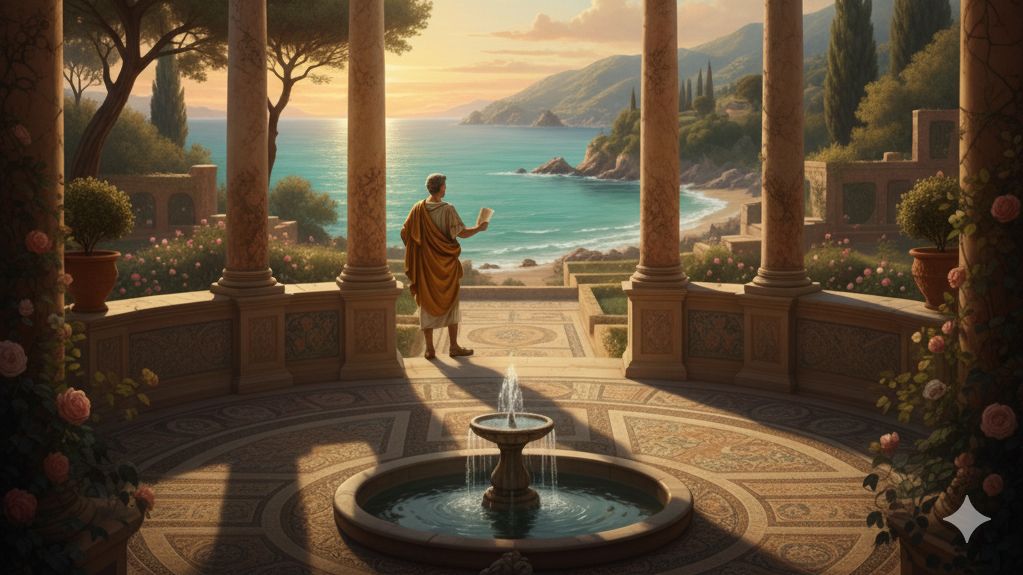
Ancient Roman Retreats - Pliny the Younger on Villas and the Art of Otium
For those consumed by public duties in the heart of the Roman Empire, there were places to escape the clamor and obligation, to free both mind and body. The Roman aristocracy sought not mere holidays, but retreats designed to cultivate otium—creative leisure. In the letters of Pliny the Younger, a statesman and man of letters, we find a vivid depiction of this ideal life.
The Philosophy of Otium - An Escape from Urban Clamor
Life in Rome was a constant series of social obligations: coming-of-age ceremonies, betrothals, weddings, signing wills, court appearances, and advising friends. While each was necessary, the daily repetition exposed their emptiness. Reflecting on his days in the city from the quiet of his villa, Pliny lamented:
Quot dies quam frigidis rebus absumpsi!
“How many days I have wasted on such trivial matters!”
(Pliny the Younger Letters 9.3)
For him, villa life was a time to break free from these “trivial matters” and immerse himself in truly worthwhile activities. There, he heard no malicious gossip and criticized no one, engaging only with himself and his books. This was the state he called otium—not mere idleness, but an ideal of intellectual and creative leisure. He praised this life wholeheartedly:
O rectam sinceramque vitam! O dulce otium honestumque ac paene omni negotio pulchrius!
“O, what a right and pure life! O, sweet and honorable leisure, more beautiful than almost any public duty!”
(Pliny the Younger Letters 9.6)
Pliny found it difficult to understand those who spent their time on popular entertainments like the circus games. He found joy in immersing himself in literature while others wasted their time on what he called “the idlest of occupations.” This philosophy of otium was the guiding spirit of his life at the villa and profoundly influenced the design of the villas themselves.
The Laurentine Villa - A Seaside Haven for the Muses
One of the retreats Pliny particularly cherished was his Laurentine villa, located just 17 miles from Rome. It was close enough to reach after a day’s public business, making it a perfect sanctuary for contemplation and creation. He describes its charms in detail, as if guiding the reader on a tour.
At the heart of the villa was a small courtyard enclosed by a D-shaped colonnade, which, with its glazed windows, became a comfortable shelter during bad weather. Beyond this lay a beautiful dining room jutting out over the sea. On days when the wind from Africa churned the waters, the last spray of the breaking waves would gently wash the room. This dining room offered views of the sea from three sides, creating the illusion of being surrounded by three different seas.
…a lateribus a fronte quasi tria maria prospectat…
“…from its sides and front, it looks out upon what seems to be three seas.”
(Pliny the Younger Letters 2.17.5)
The villa had special spaces to support his intellectual activities. A semicircular room that served as his study contained built-in shelves for a select collection of books worth rereading. But what he treasured most was a bedroom kept in absolute silence. The voices of servants, the murmur of the sea, the sound of storms, and even flashes of lightning could not penetrate this room, his ultimate retreat. When he retired here, he felt as if he were in another place entirely, separate even from his own villa.
In hanc ego diaetam cum me recepi, abesse mihi etiam a villa mea videor, magnamque eius voluptatem praecipue Saturnalibus capio, cum reliqua pars tecti licentia dierum festisque clamoribus personat…
“When I retreat into this room, I feel as if I am far away even from my own villa. I especially enjoy its great pleasure during the Saturnalia, when the rest of the house resounds with the license of the festival and holiday shouts.”
(Pliny the Younger Letters 2.17.24)
The Laurentine villa was a place where the architectural philosophy of pursuing otium—embracing natural beauty while securing intellectual solitude—was magnificently realized.
The Tuscan Estate - Harmony of Nature and Artifice
Another of Pliny’s magnificent properties was his estate in the hills of Tuscany. While the Laurentine villa was a seaside retreat, the Tuscan estate was a veritable paradise on earth, blending vast natural landscapes with refined garden artistry. He describes the view as if it were a painting:
Imaginare amphitheatrum aliquod immensum, et quale sola rerum natura possit effingere.
“Imagine a vast amphitheater, the kind that only nature herself could create.”
(Pliny the Younger Letters 5.6.7)
This “natural amphitheater” consisted of a wide plain surrounded by mountains, their peaks crowned with ancient forests. Vineyards cascaded down the slopes, giving way to lush meadows and fields below. The villa itself was situated at the foot of a hill, enjoying gentle breezes from the Apennines and commanding a spectacular view of the landscape.
The estate’s masterpiece was the “hippodrome,” a long formal garden designed to resemble a circus track. Rows of plane trees were entwined with ivy, with boxwood hedges planted between them. Paths wound intricately, leading through groves of dark cypress trees before opening onto a sunlit rose garden, all designed to delight the eye. The boxwood was clipped into various shapes, some displaying remarkable artistic skill.
…buxus intervenit in formas mille descripta, litteras interdum, quae modo nomen domini dicunt modo artificis…
“…boxwood is interspersed, clipped into a thousand different shapes, sometimes into letters spelling out the name of the master, or else that of the craftsman.”
(Pliny the Younger Letters 5.6.35)
At the far end of the garden stood a marble couch, from which water flowed into a basin, creating the pleasant sound of a babbling stream. The Tuscan estate was a space where the grandeur of nature and the meticulous artistry of human hands achieved perfect harmony, attesting to Pliny’s aesthetic sense and his passion for otium.
A Day of Ordered Leisure
So, what did an ideal day of otium actually look like? Pliny describes the exemplary daily routine of his friend Spurinna in his later years. His life was far from idle; it was filled with order and intellect.
Me autem ut certus siderum cursus ita vita hominum disposita delectat. Senum praesertim…
“Just as the fixed course of the stars delights me, so does a well-ordered human life—especially that of the elderly.”
(Pliny the Younger Letters 3.1.2)
Spurinna’s day began with a morning walk of three miles, exercising both mind and body. He then spent time reading or in elevated conversation with friends. Sometimes he would take a carriage ride with his wife or a friend, listening to stories of ancient heroes. He also composed lyric poetry in both Greek and Latin. In the afternoon, he would sunbathe, play ball, and take a bath, after which he would listen to a reading during a light meal.
The day concluded with a simple yet elegant dinner. Comedians were often invited to perform, adding intellectual stimulation to the entertainment. Pliny was deeply impressed by Spurinna’s lifestyle and hoped to live in a similar fashion once he retired from public life.
Frequenter comoedis cena distinguitur, ut voluptates quoque studiis condiantur.
“Dinner is often interspersed with comedians, so that its pleasures may also be seasoned with intellectual pursuits.”
(Pliny the Younger Letters 3.1.9)
The villa life described by Pliny the Younger was not merely the luxurious holiday of the wealthy. It was a deliberately constructed lifestyle, free from the obligations of the city and surrounded by nature and art, dedicated to intellectual pursuits such as contemplation, reading, and writing. His letters eloquently convey to us today how the ancient Romans found profound value and personal cultivation in the leisure of otium.
(Editorial Assistance: Tomomi Nakayama, Keito Utsumi)
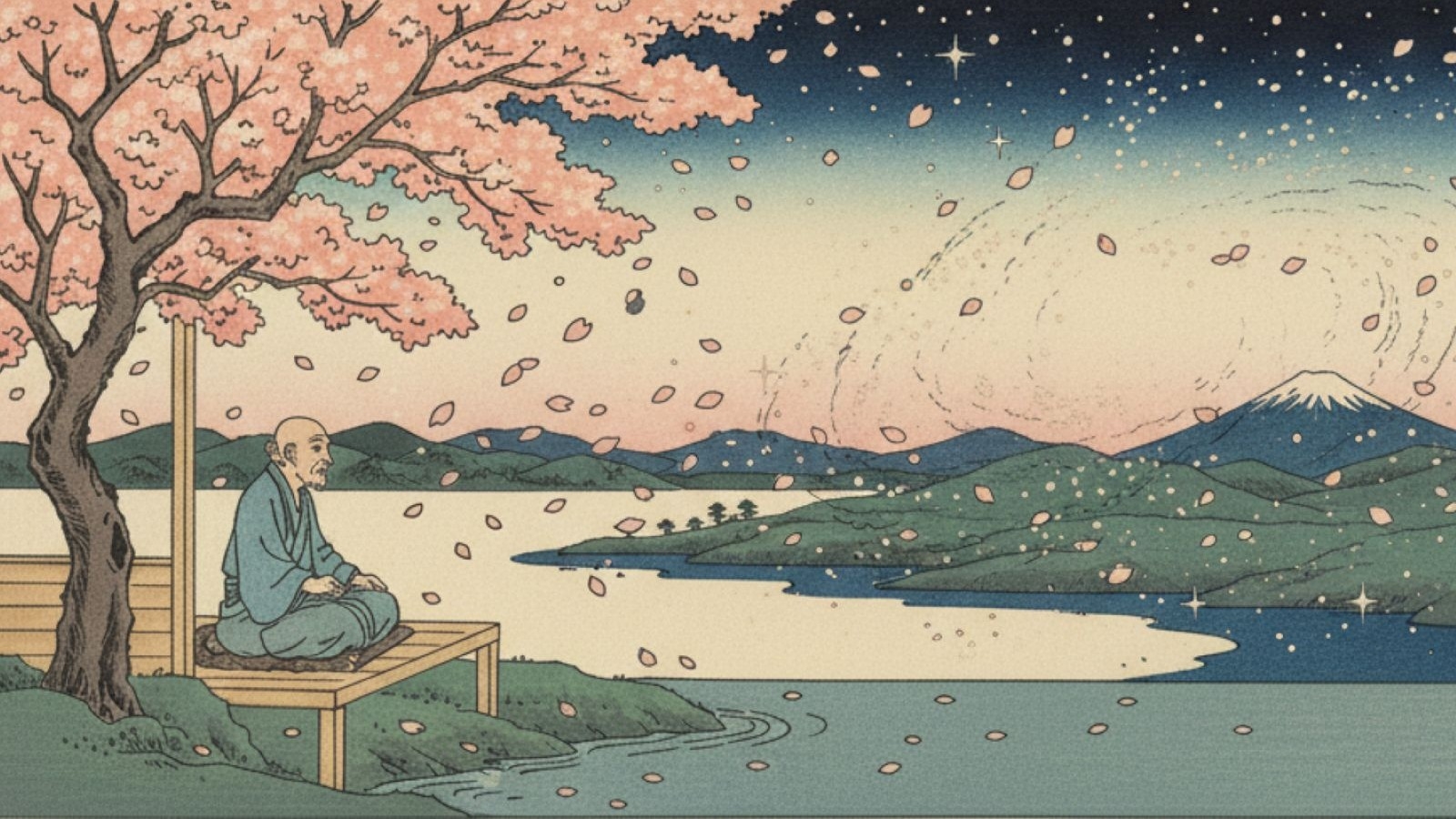
Japanese Views on Seasons - The Gaze of Literary Figures
Japanese literary figures have deeply engaged with the shifting seasons and the workings of life through various forms of expression such as novels and essays. Their delicate sensibilities and keen powers of observation open the door to a dialogue with nature for us, teaching us the beauty and philosophy hidden within everyday landscapes.
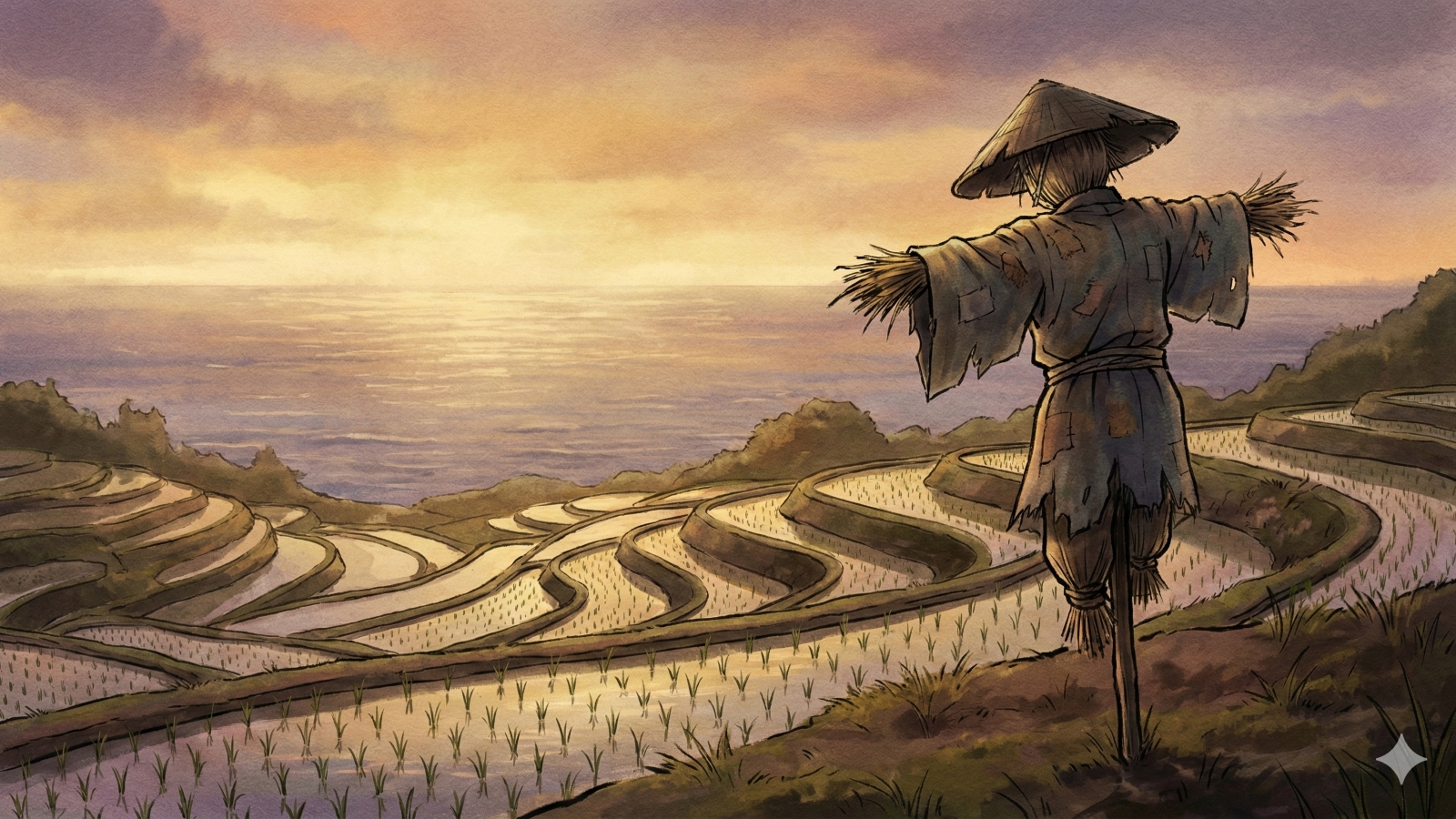
Japan's Primal Landscapes - A Tale of Memories Told by the Land
Superimposing the deceased onto the buzzing of flies, seeing gods in one-legged scarecrows. For Japanese people, these mysterious stories were not fantasy, but "life" itself, right next door. Longing for lands beyond the sea, legends remaining in ancient mounds. Why not travel through the frightening yet gentle "primal landscapes of the heart" gathered by Kunio Yanagita, Lafcadio Hearn, and others?
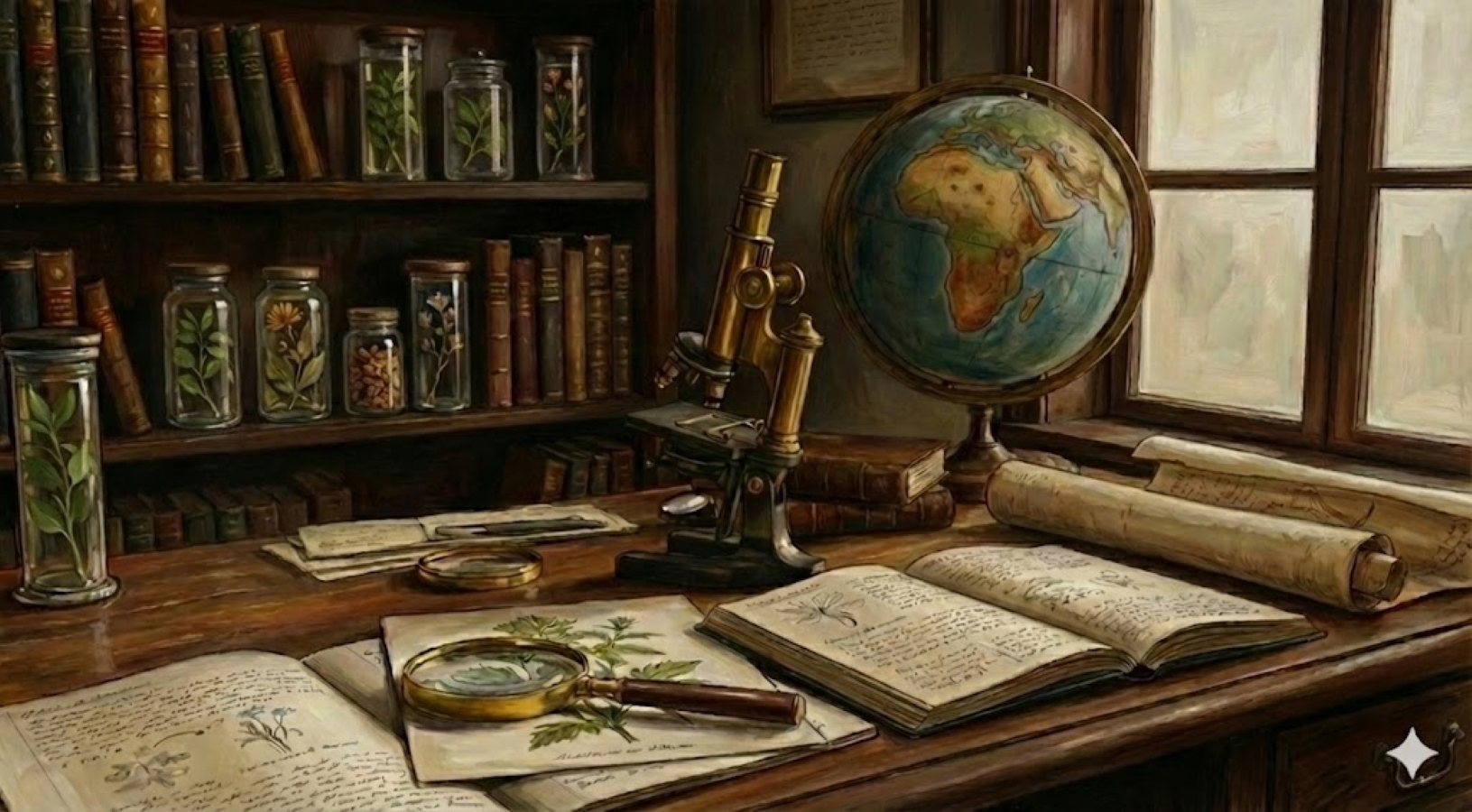
To Wonders Beyond Logic - The Beautiful Abyss Peered into by Scientists
Science is not just cold calculations. It is awe for nature beyond human understanding and an endless quest for beauty. Seeing the universe in a snowflake, feeling the ferocity of life in roadside grass... These are the adventurers of knowledge who confronted the overwhelming "mysteries" that appear only at the end of logic. We touch upon the records of their quiet yet passionate souls.
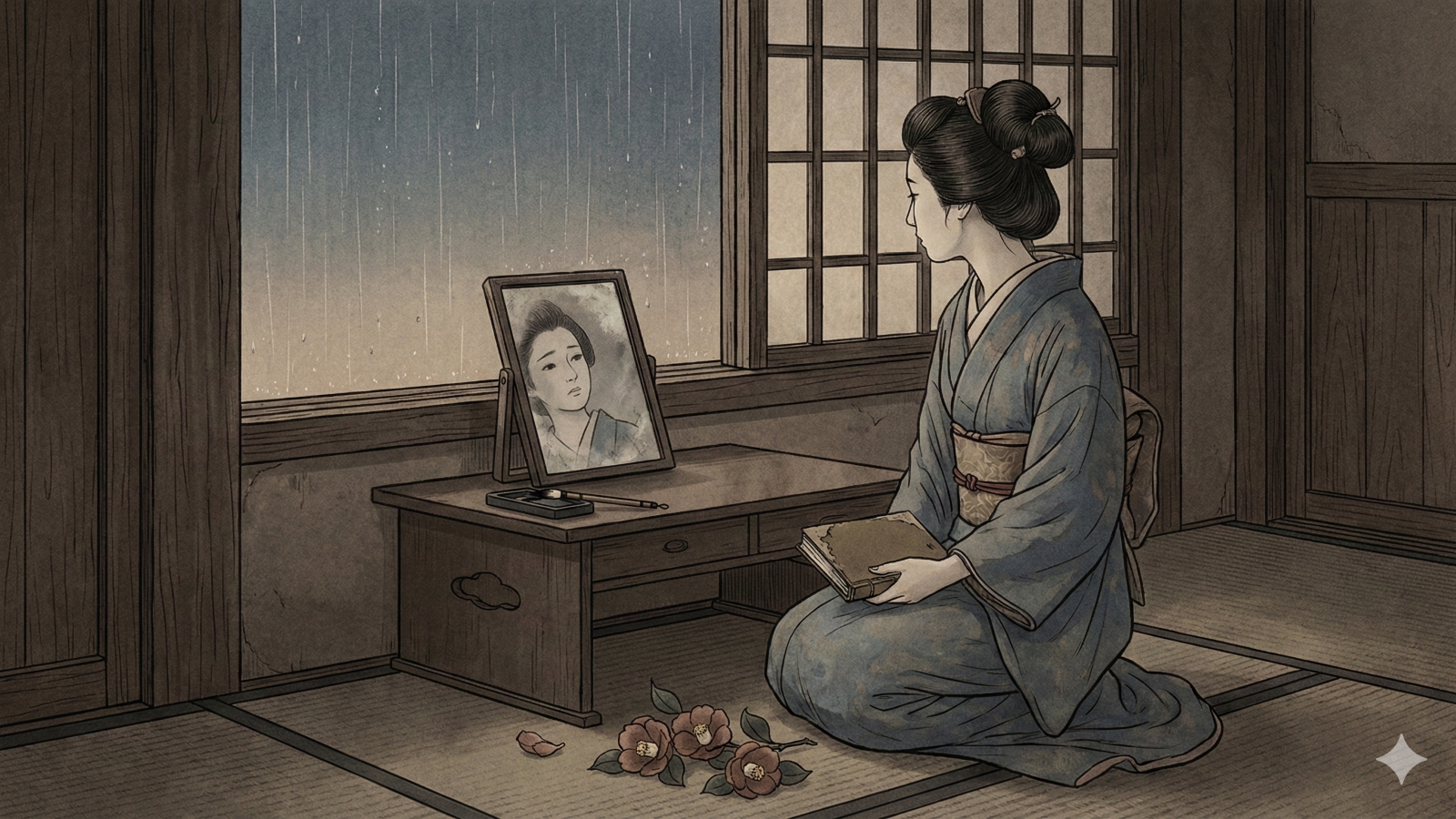
The Soul Screaming "I" - Stories of Fate and Pride by Modern Women
Should women's lives be plastered over with resignation to fate? Or is it a battle to break through social barriers and win one's own "life"? The dry self-mockery spat out by Ichiyō, the poignant scream released by Akiko for her beloved. We listen to the cries of their souls as they resisted the chains of their era, struggling through the mud to establish the "self."